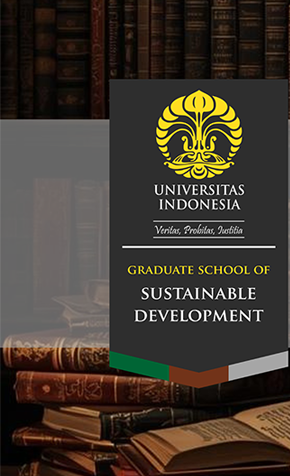Abstract
This article examines the rise and conflict of narratives about the fall of the Iraqi city of Mosul to the Islamic State (ISIS), which marks its tenth anniversary this year (2024). ISIS occupied parts of Iraq from 2014 to 2017, and its defeat required Iraqi mobilization and international support from the international coalition. This article attempts to trace the narratives and their conflicts about the main cause of Mosul’s fall to ISIS. The fall of Mosul was like a snowball that rolled and grew, as it spread to a large area of Northwestern Iraq. It has been shown that several factors combined to cause the fall of Mosul, not a single cause. In addition, accusations still exist between the political parties responsible for Mosul's security and administration.
References
Al Kadhimi, M. (2014, December 23). Iraqi volunteers' victories don't justify atrocities. Retrieved from al-monitor: http://www.al-monitor.com/pulse/originals/2014/12/iraq-popular-mobilization-shiite-achievements-violations.html#ixzz3bHeabwM4
Armanios, F. (2013, December 22). The Islamic Traditions of Wahhabism and Salafiyya. Washington: Congressional Research Service: The Library of Congress. Retrieved from Congressional Research Service: The Library of Congress.
BBC. (2015, April 30). Iraq crisis: Islamists force 500,000 to flee Mosul. Retrieved from BBC: http://www.bbc.co.uk/news/world-middle-east-27789229
Editor. (2021, April 01). Daesh. Retrieved from Thesaurus Dictionary: https://www.dictionary.com/browse/daesh
Hamilton, E. (March 2008). The Fight for Mosul. Washington, USA: Institute for the Study of War.
http://www.washingtonpost.com/wp-dyn/content/article/2010/07/23/AR2010072305604.html (accessed on 23 July 2010).
ISIS actual sanctuary June 2014, Institute for the Study of War: June 21.pdf (understandingwar.org)
Leila Fadel, Mosul struggles with ethnic divides, insurgency:
Network, R. M. (2015, May 20). Maliki accuses Kurds of masterminding Mosul's fall. Retrieved from Rudaw Media Network: http://rudaw.net/english/middleeast/iraq/071220141
Oosterveld, W. T. and Bloem, W., (2022), The Rise and Fall of ISIS: From Evitability to Inevitability, The Hague: Hague Centre for Strategic Studies.
Strachan, A.L. (2017). Factors behind the fall of Mosul to ISIL (Daesh) in 2014. K4D Helpdesk Report. Brighton, UK: Institute of Development Studies, 8pp.
Timeline: The Rise, Spread, and Fall of the Islamic State, Wilson Centre Website: Timeline: The Rise, Spread, and Fall of the Islamic State | Wilson Centre, 28/10/2019.
Van Auken, B. (2019, June 23). The fall of Mosul and the crimes of imperialism. Retrieved from Rudaw Media Network: https://www.wsws.org/en/articles/2014/06/12/pers-j12.html
Wissam, M. (2015, April 10). The Last 12 Hours in Mosul: Conflicting Narratives. Retrieved from http://mariamwissam.blogspot.co.uk/2014/06/the-last-12-hours-in-mosul-conflicting.html
Recommended Citation
Al Hashimi, Hamied and Alzghwabi, Moh Arak
(2024)
"FALL OF MOSUL TO ISIS: JOSTLE OF NARRATIVES BETWEEN CONSPIRACY THEORY AND BETRAYAL,"
Journal of Terrorism Studies: Vol. 6:
No.
2, Article 3.
DOI: 10.7454/jts.v6i2.1079
Available at:
https://scholarhub.ui.ac.id/jts/vol6/iss2/3

